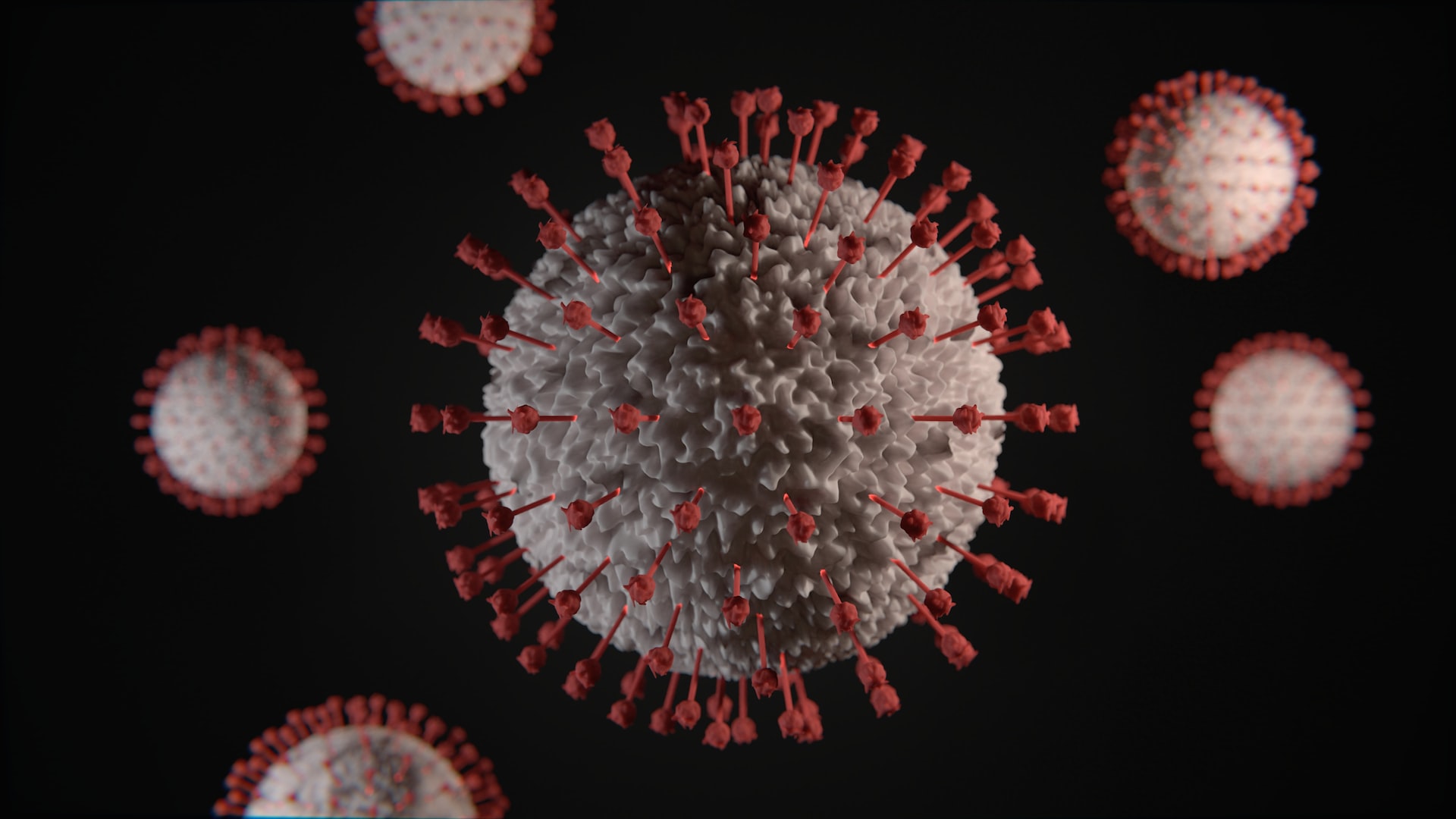News release
From:
University of Waikato researcher Dr William Kelton has been working with international partners to prepare for future coronavirus variants using Artificial Intelligence. In a paper recently published in Cell, the team, headed by researchers at ETH Zurich with input from Dr Kelton, have developed a method to explore the possibilities of how the pandemic virus could evolve.
Dr Kelton’s initial concept was to take the proteins from the coronavirus surface (not the live virus) into the lab and create lots of artificial mutations to the protein, screening those mutations to discover which ones allow binding to cells. Prof Sai Reddy and his team at ETH expanded upon the concept by adding antibodies to the process to mimic the selection pressures a virus might undergo in the human body.
This protein engineering information was used to train machine-learning models to predict how well a new variant might bind to cells and escape antibody binding from tens of billions of possibilities.
Dr Kelton says the model is very accurate at predicting potential pathways by which new variants might evolve and may provide a pathway to fighting future variants.
“If we can get ahead of Covid, we can make drugs and antibodies before these variants emerge and design solutions to combat them. We can also test to see how existing drugs work against panels of potential variants.”
Dr Kelton says the international collaboration with ETH Zurich to work towards solutions for a global pandemic was incredibly rewarding.
“New Zealand might be a small player on the global COVID-19 research stage but highly interdisciplinary and collaborative projects like this one are essential to limiting the impact of the current pandemic as well as those that could emerge in the future. I look forward to continuing and expanding this collaboration with ETH”



 New Zealand; International
New Zealand; International



